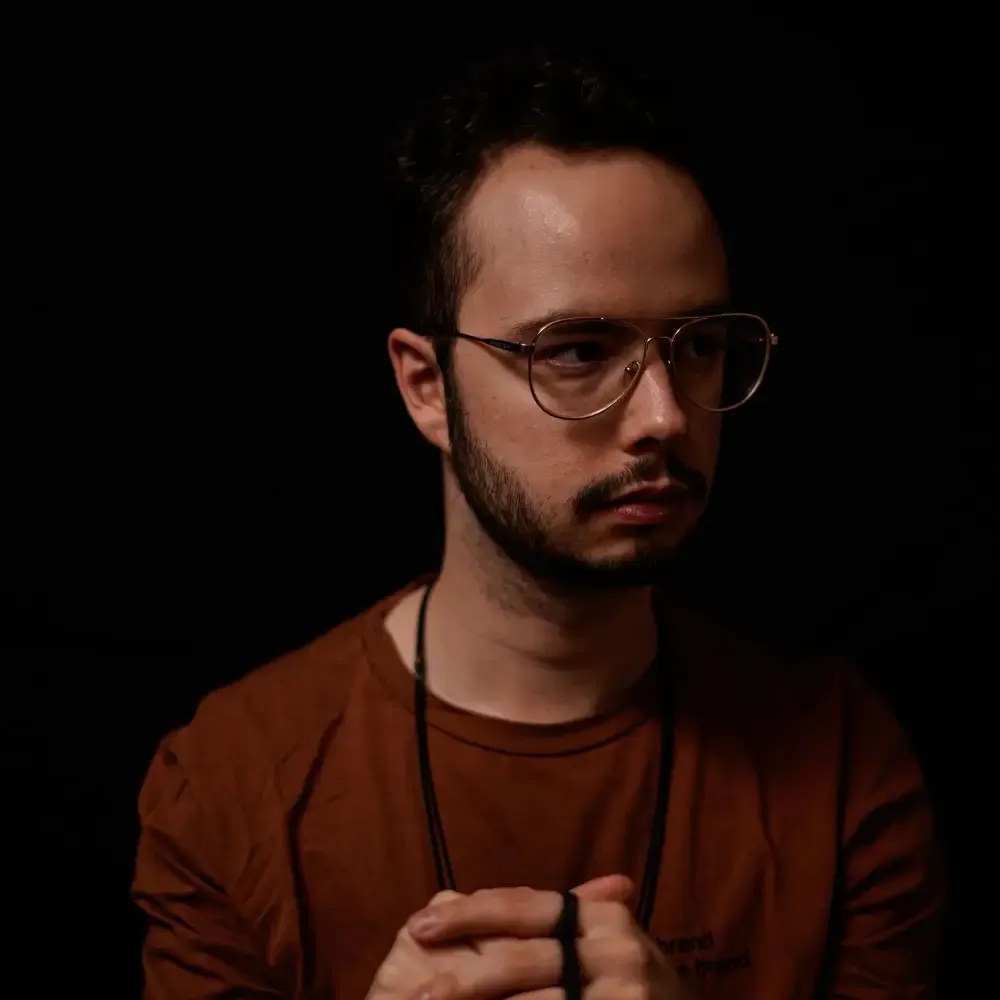
How to get the right manager for your music career
25 April, 2024
As a small independent or signed artist in 2022, a great deal of the workload is not directed towards music, but rather towards planning, pitching tracks to labels, negotiating contracts, preparing releases or promoting releases to name a few. When these get too overwhelming and your project has gained traction, it is time to seek a working relationship with an artist manager !
In this article, we will discuss what a manager can do for you as an artist, how to land a management deal, but also what you should expect from such a deal.
What does a manager do for you?
An artist manager’s role is to help direct a creator’s career on the long term, but also in all the day to day aspects of a musician’s life. They will help you get tracks signed by pitching to record labels, negotiate deals, prepare releases, ensure that you get paid correctly and create strategies for growth. If you do not have a booking deal yet, managers can sometimes also facilitate gig bookings for you & typically provide the previously mentioned services for a percentage of the artist’s income. This allows you as an artist to focus more on your craft and not get overwhelmed by the business behind the music.
When building a project from the ground up, you as an artist will have time to manage these aspects for yourself. As your project builds momentum though, it will become harder to work on more music and handle these tasks appropriately : This is when you will need a manager. At the start of a project, handling the business aspect of your project will provide you with valuable knowledge about the inner workings of the industry.
How to get the right manager
Being employed by you for a percentage of your income, it is essential that a potential manager is able to see value in your project. This is why gaining traction by growing your project yourself to a certain extent is important : you need to show a manager why he needs to manage you. Reaching out to agencies and independent managers with a very small project will surely not be met with great success, while discussing management for a project that already generates streams, bookings, social media engagement, will be much more attractive for them.
In general, as your project grows, managers will take notice and reach out to you themselves. Before signing to the first manager that drops in your inbox, take a step back : What are you looking for in a management deal?
To do so, ask yourself what your priority is : growing on streaming platforms? Getting booked for shows? Gathering big followings on social media?
Do some background research on the agency or manager that has contacted you and look at how well the artists they have worked with have performed over the last few months or years. Where have they signed? Are they playing a lot of shows? Different managers will grow careers under different angles and deploy different strategies, make sure you are on the same page before signing anywhere !
As do artists, managers come in all sizes. Small, not so experienced managers (such as friends, music business students, local promoters) will be easier to sign to but will tend to have less contacts and opportunities to offer, while bigger managers and management agencies will be tougher to sign to as they typically seek to manage bigger artists who’s income will inevitably be larger.
Whichever route you choose to pick, make sure that the individual who will represent the business face of your artistic project is professional ! Their interactions will reflect directly on you as an artist.
What can you expect from a management deal?
You’ve done it, a manager wants to work with you for the years to come ! Now, what should you expect from your management deal?
A typical percentage of artist income that can be asked for as payment by an artist manager ranges for ten to twenty percent. The bigger your project is at the time of signing, the more leverage you will have during negotiations.
One might think that once you sign to management, you will have much more free time, but if you are ready to push your career to the next level, use that free time to focus on your craft! While there are no clear ‘obligations’ because your manager works for you (not the other way around), you will have someone investing their time into growing your project. Only you can give your manager the capacity to push you to your full potential, and you can do that by pushing yourself to be more productive than ever.
The relationship between an artist and his/her manager is not always easy. It requires daily communication and discussions pertaining to potentially big decisions for your future ! Your manager advise you to go into certain directions, or towards higher productivity, which makes it essential to keep an open mind. If your manager is good at what he does, his objectivity regarding your music and project is precious and needs to be taken into good consideration.

Maxence has amassed over 50 million streams as an independent artist before working as a business development manager for an indie dance record label.